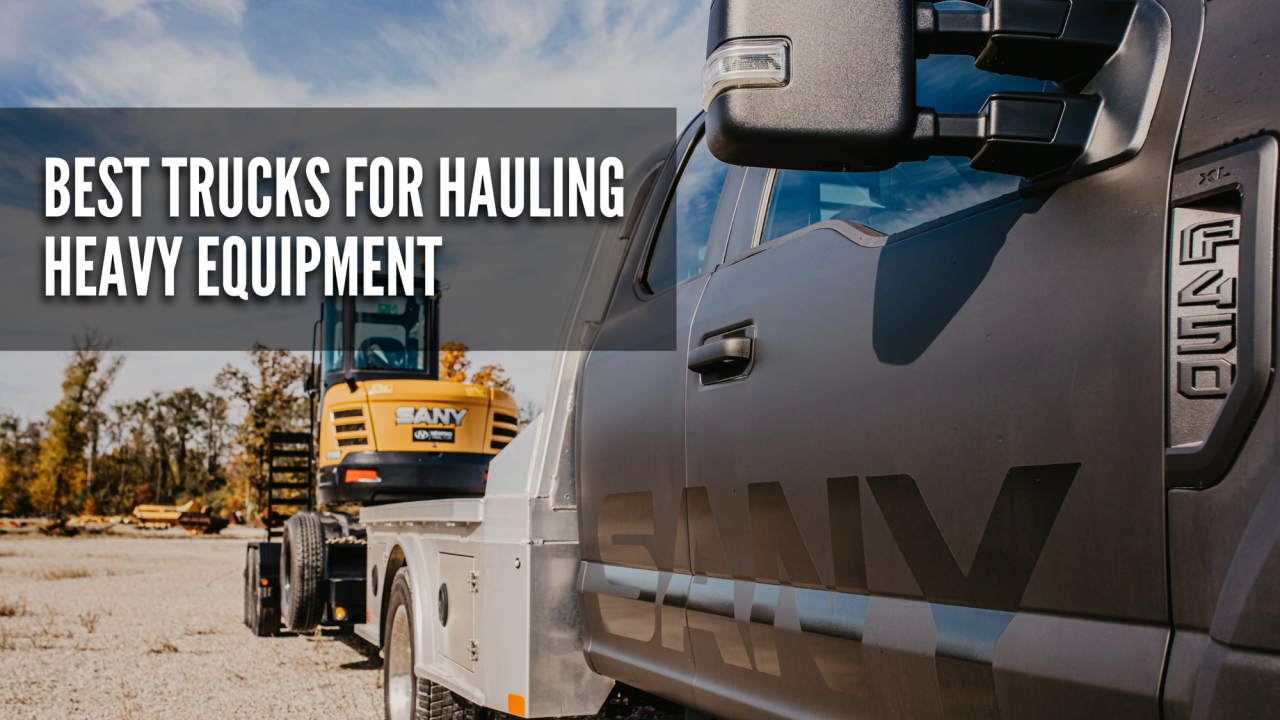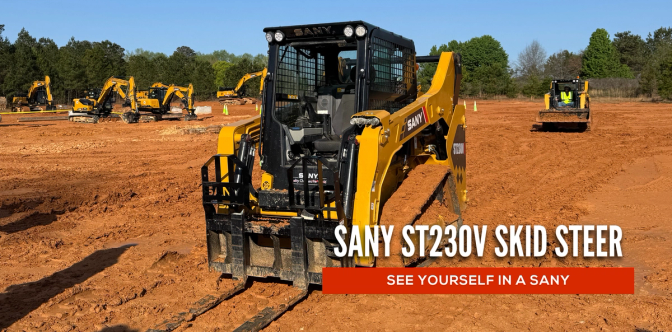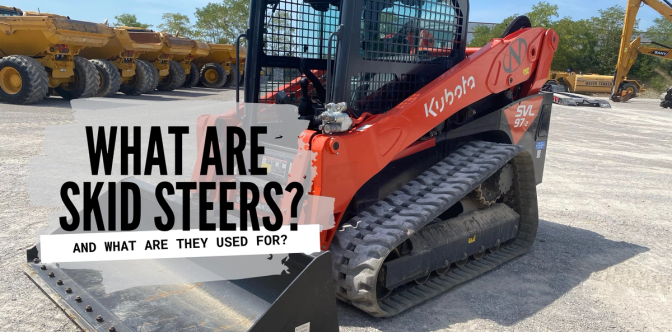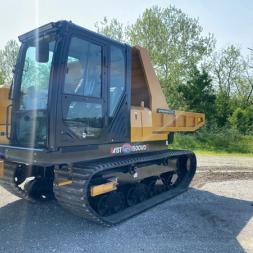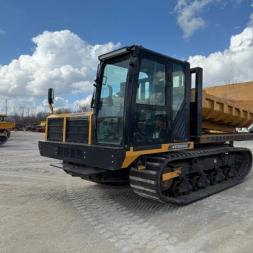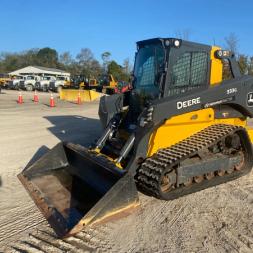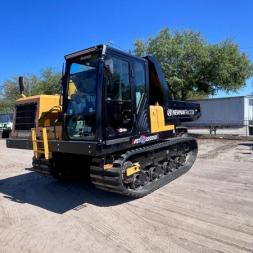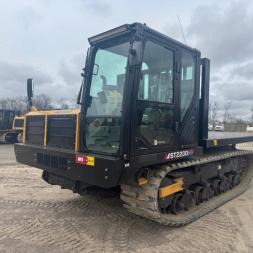Choosing the Right Truck for Hauling Heavy Equipment
- Get the Weight of the Machine: When you’re shopping around for heavy equipment, check to see how much the different options weigh.
- Understand the GVWR: Before selecting a truck, check its GVWR to ensure it can handle the trailer's total weight and the heavy equipment.
- Match the Truck to the Trailer: Match your truck’s towing capacity with your chosen trailer type. For example, if you’re using a double drop deck trailer, you’ll likely need a more powerful truck with a higher GVWR due to the heavy loads these trailers can carry.
- Consider the Engine and Transmission: For hauling heavy loads, choose a truck with a powerful engine and a transmission that can handle the high torque outputs necessary for pulling heavy weights, especially in hilly or rugged terrain.
- Check Towing Features: Look for trucks with specific towing features such as integrated trailer brake controllers, towing mirrors, and stability control systems. These features can enhance safety and maneuverability when hauling heavy loads.
- Review Additional Requirements: Some trucks may require additional modifications or accessories to haul heavy equipment safely. These could include upgraded suspension, enhanced cooling, and specialized hitching equipment.
CDL Requirements
| Trailer Type | Suitable Trucks | Required Truck Features |
|---|---|---|
| Flatbed Trailers | Semi-trucks | High towing capacity, robust frame |
| Deckover Trailers | Heavy-duty pickups or semi-trucks | Powerful engine, advanced braking systems |
| Step Deck Trailers | Semi-trucks and heavy-duty pick-ups | High towing capacity, special permits for taller loads |
| Lowboy Trailers | Semi-trucks | Extremely high towing capacity for heavy equipment |
| Double Drop Deck Trailers | Semi-trucks | High towing capacity, stability control for oversized loads |
| Gooseneck Trailers | Heavy-duty pickups | Gooseneck hitch, stability features |
| Removable Gooseneck Trailers (RGN) | Specialized semi-trucks | Detachable mechanism support, very high load capacity |
| Bumper Pull Trailers | Pickups, SUVs, vehicles with a hitch | General towing capabilities for lighter loads |
